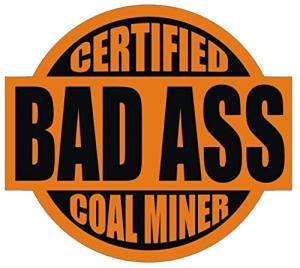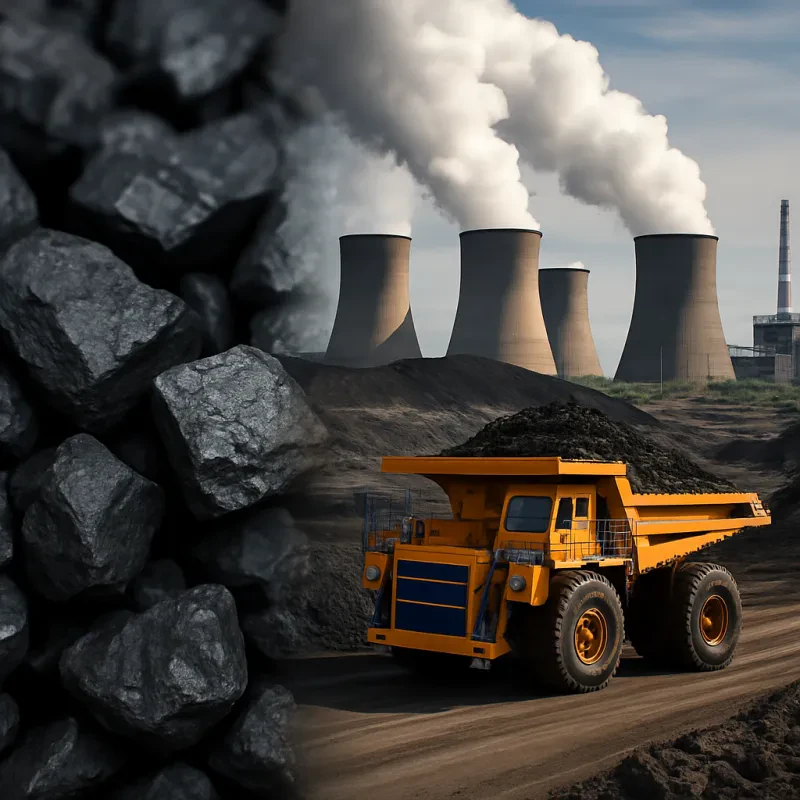Understanding the Average Coal Miner Salary: A Comprehensive Guide
The coal mining industry has been a backbone of the energy sector for centuries, providing a significant source of power and employment across various regions. Despite the shift towards renewable energy sources, coal mining remains a vital occupation for thousands, offering numerous job opportunities within its spectrum. In this article, we delve into the intricacies of coal mining salaries, exploring the average compensation for different positions within the mines and highlighting the top states where coal mining jobs are most lucrative.
The Essence of Coal Mining Jobs
Coal mining jobs are not limited to merely extracting coal from the earth. The industry encompasses a wide range of positions, each with its unique set of responsibilities and required skill sets. From engineers who design the mine layout and ensure safety protocols, to equipment operators who handle the heavy machinery, the coal mining sector offers a diverse array of employment opportunities.
Average Salaries in Coal Mining
Salaries within the coal mining industry vary significantly based on the job title, experience level, and geographical location. Here is a breakdown of the estimated average salaries for various coal mining positions:
- Entry-Level Miners: Individuals starting their careers in coal mining, often as general laborers or assistants, can expect an average salary ranging from $35,000 to $50,000 annually.
- Mine Equipment Operators: Those skilled in operating the heavy machinery used in coal extraction, such as draglines and loaders, typically earn between $50,000 and $75,000 per year.
- Mine Safety Engineers: Safety is paramount in coal mining, and engineers specializing in mine safety play a crucial role. Their average salary can range from $70,000 to $90,000 annually, depending on their experience and qualifications.
- Coal Mine Managers: Individuals responsible for overseeing the operation of a coal mine, including managing staff, ensuring compliance with regulations, and optimizing production, can earn salaries well over $100,000 per year, with some reaching up to $150,000.
It's important to note that these figures are estimates and can vary based on factors such as the mine's size, its location, and the current demand for coal.
Top States for Coal Mining Jobs
The United States boasts several key regions where coal mining is a major industry, each offering competitive salaries for mining positions. The top states for coal mining jobs include:
- West Virginia: Often synonymous with coal mining, West Virginia remains one of the top states for coal mining employment, offering a range of opportunities and competitive salaries.
- Wyoming: Home to the Powder River Basin, Wyoming is another leading state for coal mining jobs, with the basin producing a significant portion of the nation's coal.
- Kentucky: Kentucky's rich coal mining history continues to offer numerous employment opportunities in the industry, with competitive salaries reflective of the state's expertise in coal extraction.
- Pennsylvania: With its extensive coal reserves, Pennsylvania offers a wide range of coal mining jobs, from traditional mining positions to roles in coal processing and transportation.
- Illinois: Known for its high-quality bituminous coal, Illinois provides numerous employment opportunities in the coal mining sector, with salaries that are competitive within the industry.
The coal mining industry offers a wide range of lucrative employment opportunities, with salaries varying significantly based on the position, experience, and location. Despite the global shift towards cleaner energy sources, coal mining continues to be a vital component of the energy sector, providing stable and well-paying jobs across several key states. For those interested in pursuing a career in coal mining, understanding the salary landscape and the regions with the highest demand for mining jobs can be crucial in making informed career decisions.
In closing, while the future of coal mining is subject to change with evolving energy policies and market demands, the industry currently remains a significant employer, offering rewarding careers to thousands across the United States.







